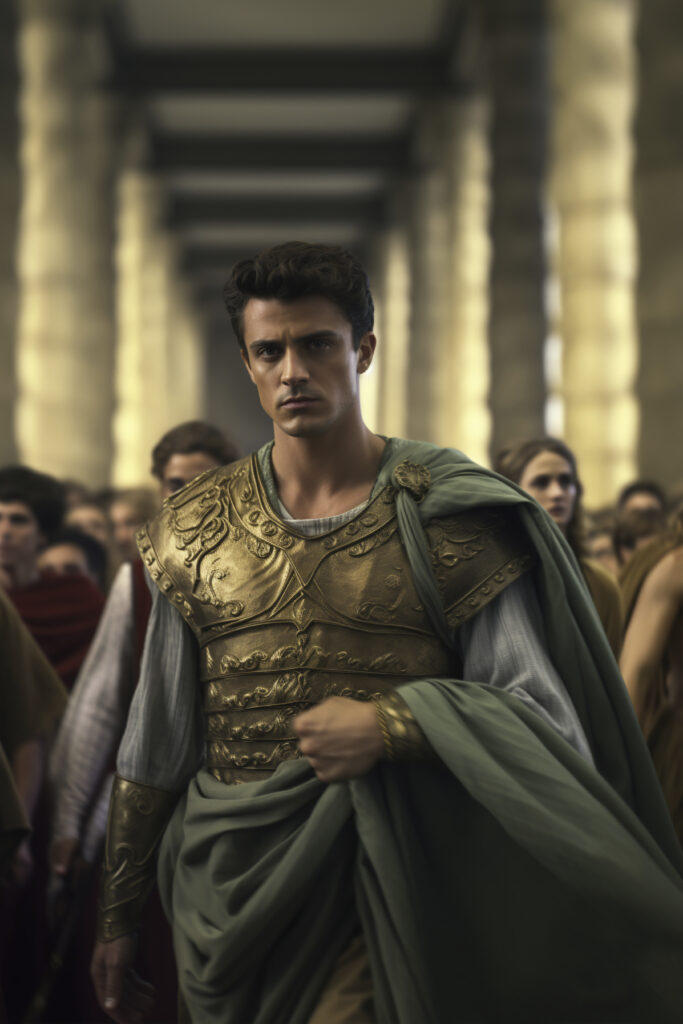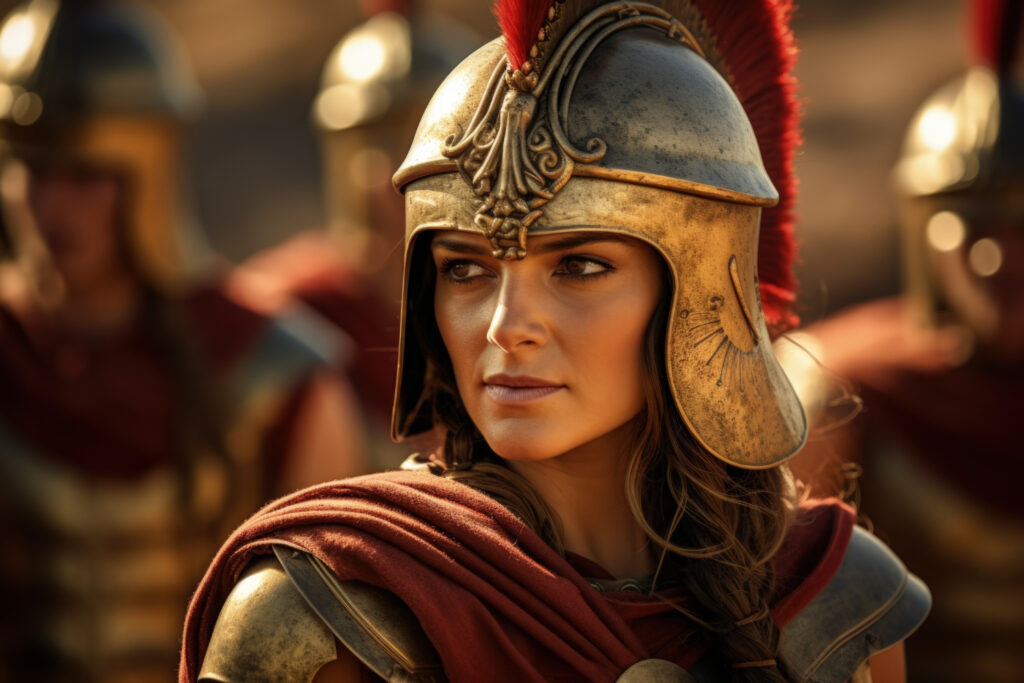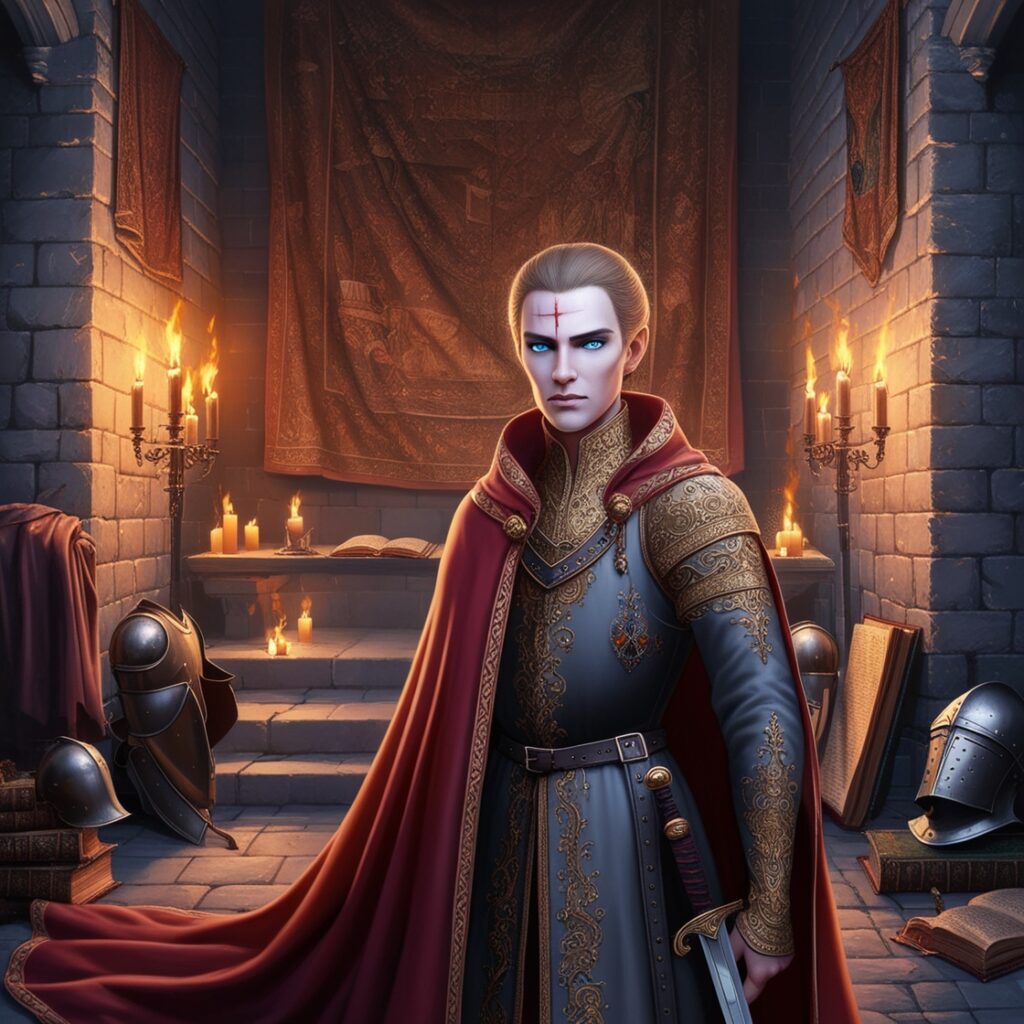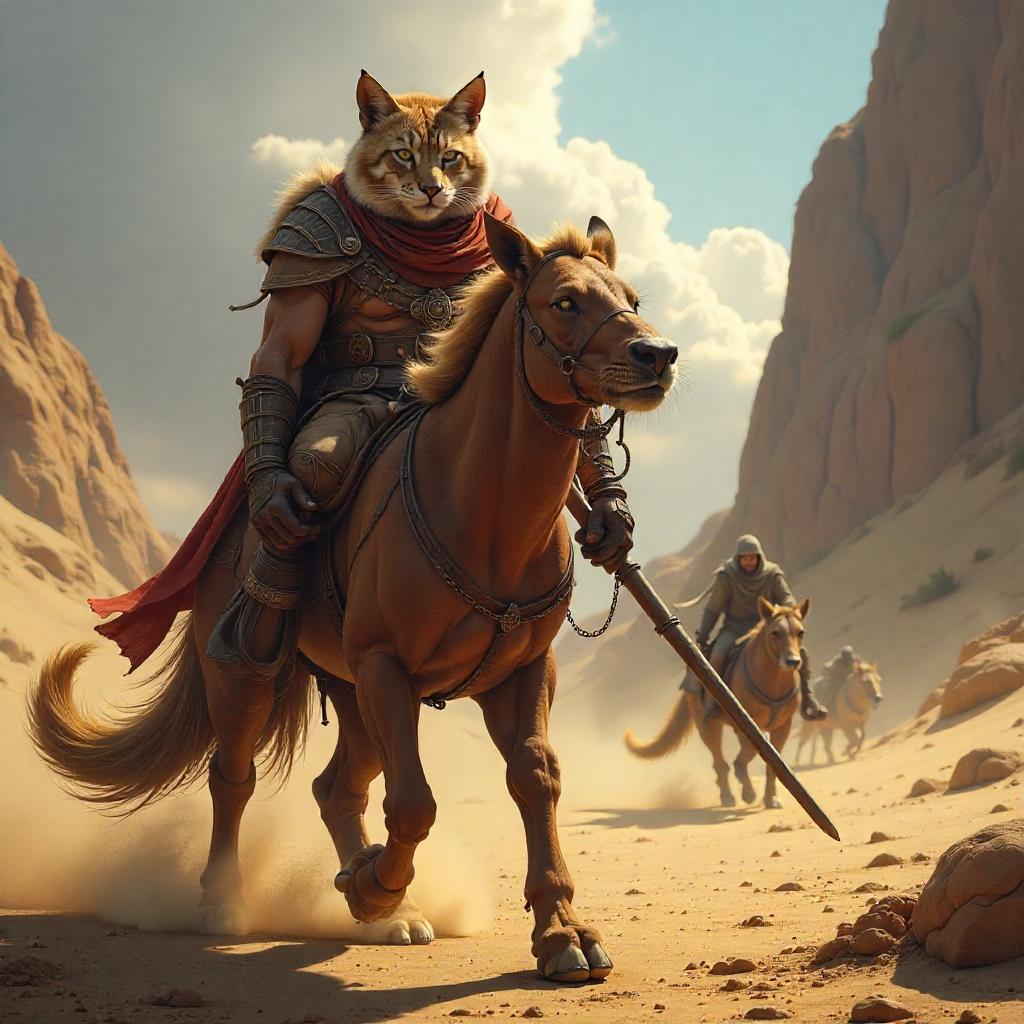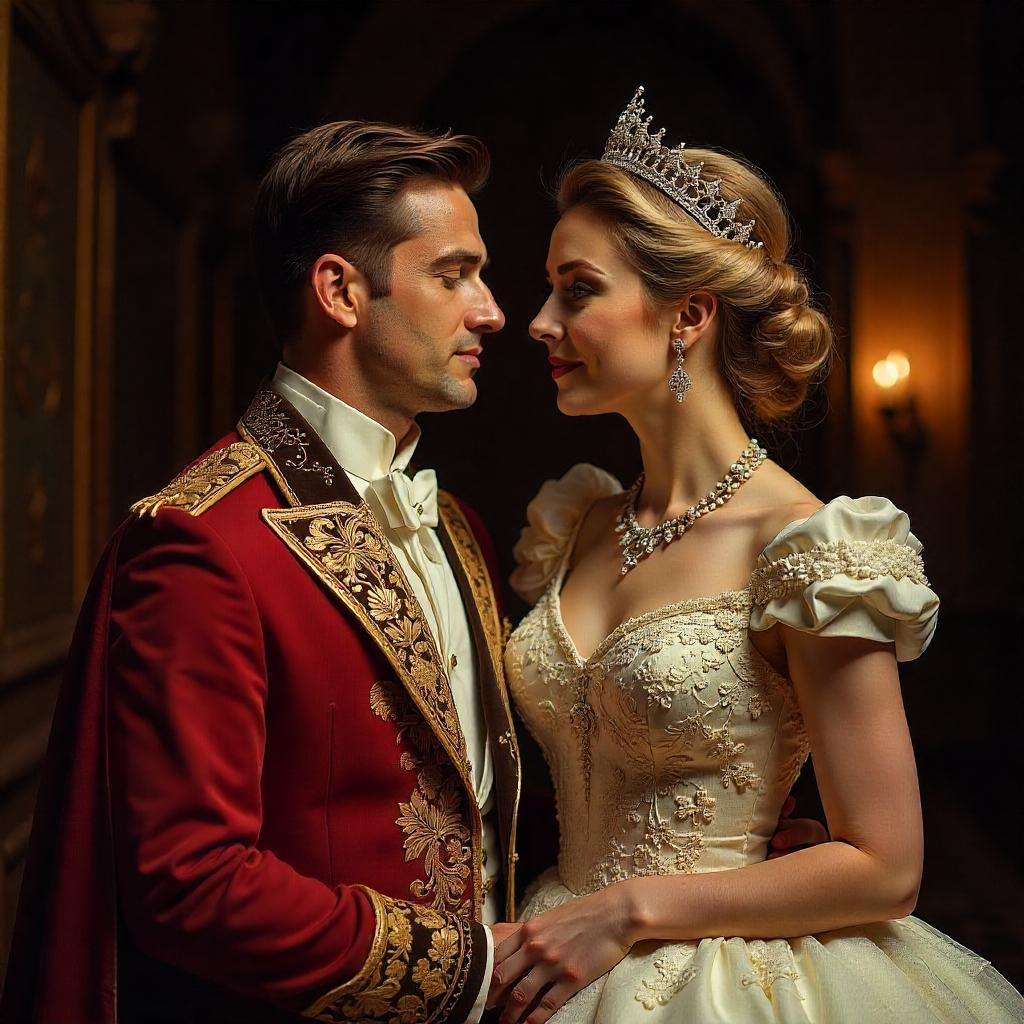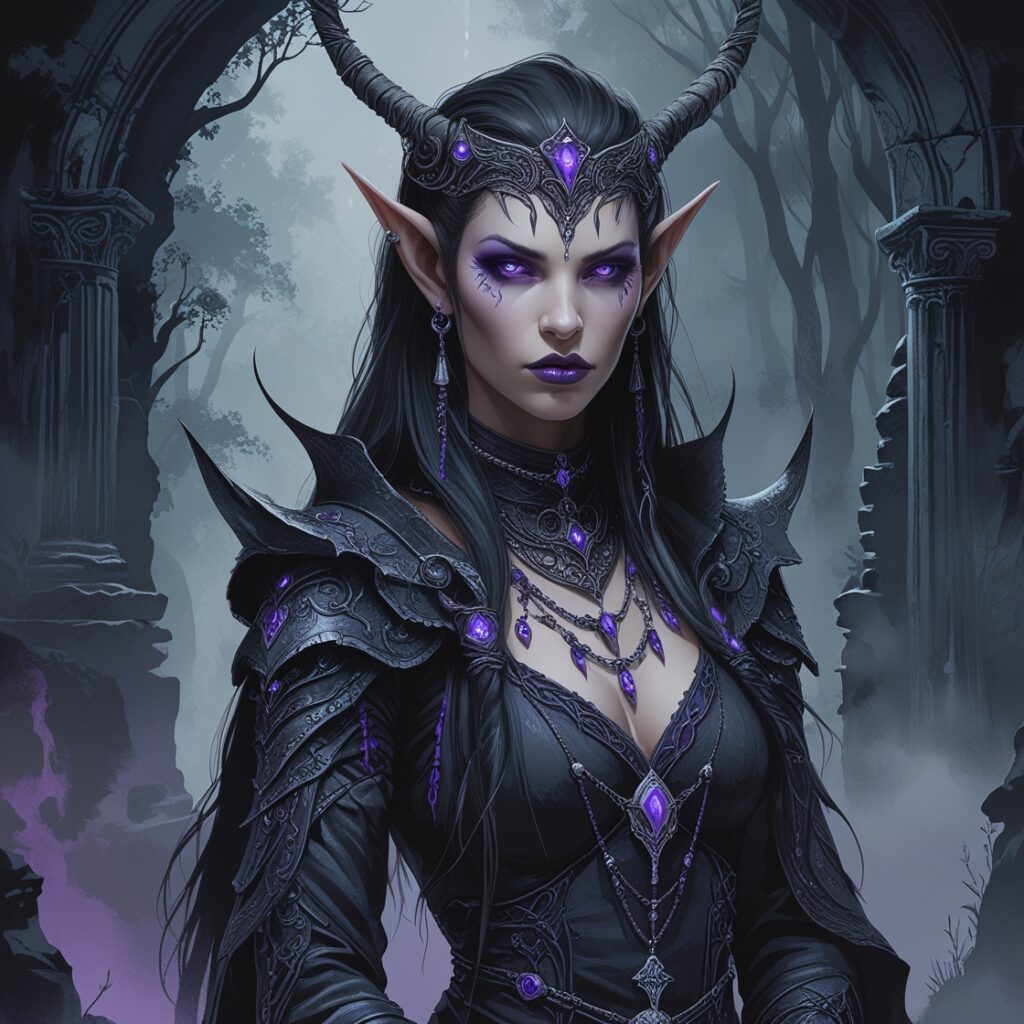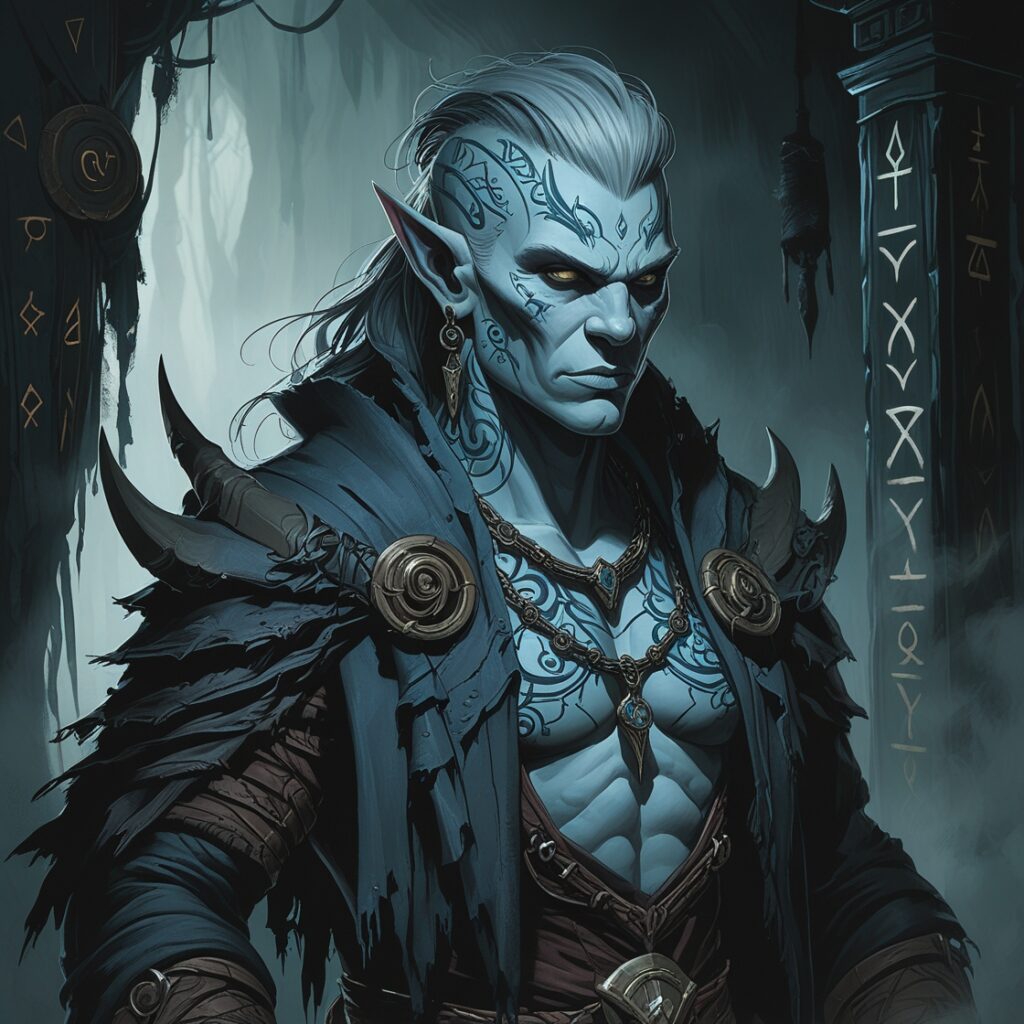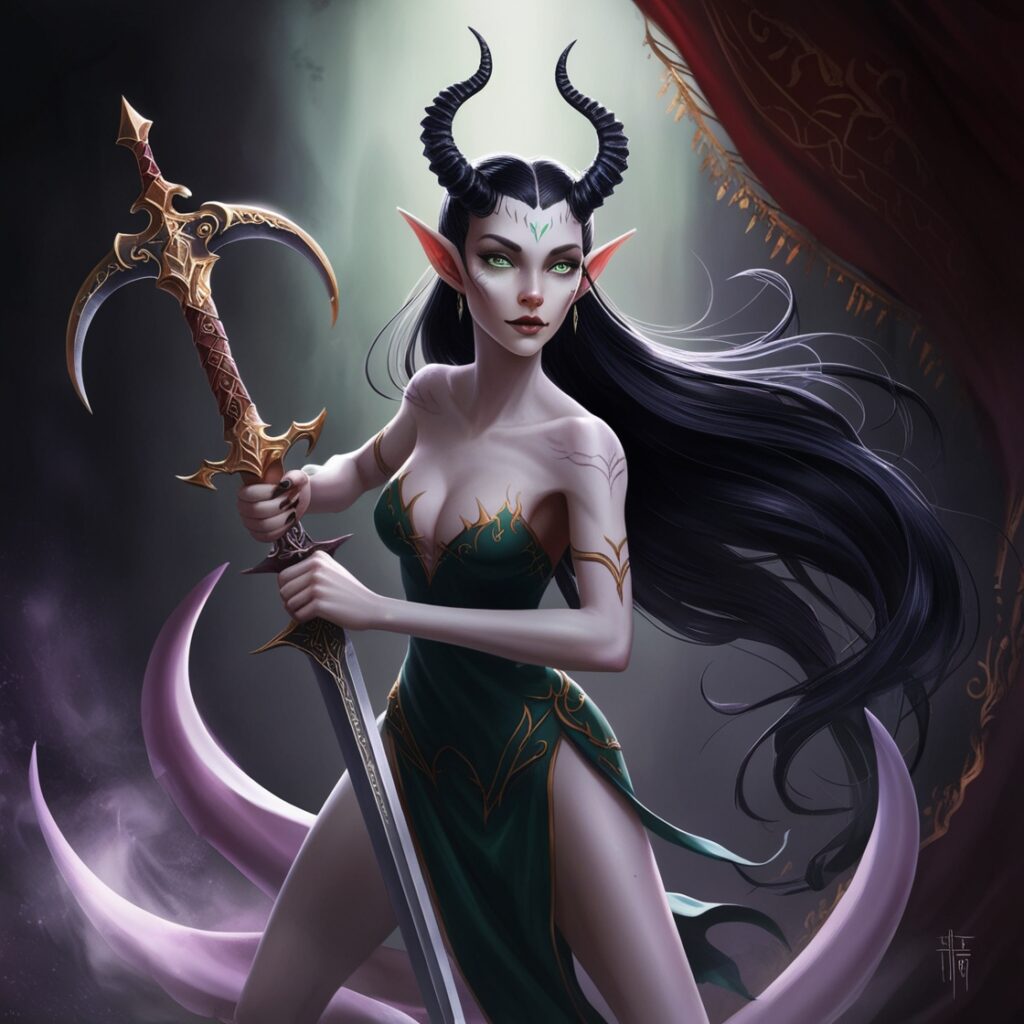Step into the world of togas, gladiators, and emperors with a Roman Name Generator—a tool that brings the elegance and power of ancient Rome to your fingertips. Whether you’re crafting a historical novel, designing a character for a game, or simply exploring the rich heritage of Roman culture, a Roman name generator is your gateway to a treasure trove of timeless names.
List of Roman Names
| Roman name | Roman languages | Gender |
| Gavia Cicero | Gavia Cicero | Female |
| Pupienus Vatinius | Pupienus Vatinius | Male |
| Rabiria Canidius | Rabiria Canidius | Female |
| Albinus Blaesus | Albinus Blaesus | Male |
| Maecia Avienus | Maecia Avienus | Female |
| Aulus Fronto | Aulus Fronto | Male |
| Plautia Munatius | Plautia Munatius | Female |
| Galerius Calenus | Galerius Calenus | Male |
| Atia Antius | Atia Antius | Female |
| Sisenna Lurius | Sisenna Lurius | Male |
The Allure of Roman Names
Roman names are more than just labels; they are reflections of a civilization that shaped the course of history. Names like Julius Caesar, Augustus, and Cicero evoke images of leadership, intellect, and grandeur. Roman naming conventions were deeply symbolic, often indicating family lineage, social status, and personal achievements.
For example:
- Marcus Aurelius: A name synonymous with wisdom and stoic philosophy.
- Livia Drusilla: Evoking grace and influence, as the wife of Emperor Augustus.
- Maximus Decimus: A name that exudes strength and valor, reminiscent of legendary gladiators.
How Roman Names Were Structured
Roman names typically followed a tripartite structure:
- Praenomen: The personal name (e.g., Gaius, Lucius).
- Nomen: The family or clan name (e.g., Julius, Claudius).
- Cognomen: The nickname or branch of the family (e.g., Caesar, Cicero).
This system allowed for a rich variety of names, each carrying its own story and significance.
FAQs for Roman Name Generator
A Roman Name Generator is a tool that creates authentic names inspired by ancient Rome’s history, mythology, and Latin traditions. Ideal for writers, gamers, or history enthusiasts, it generates names like Marcus Aurelius, Livia Drusilla, or Claudia Maxima—perfect for characters, stories, or world-building.
These generators use algorithms based on ancient Roman naming conventions, blending praenomen (personal names), nomen (family names), and cognomen (nicknames). They draw from historical records, Latin roots, and cultural trends to craft names that mirror Rome’s aristocratic and warrior legacy.
Reputable tools prioritize accuracy, using sources like inscriptions, classical texts, and famous figures (e.g., Cicero, Augustus). However, some generators add creative twists for fictional projects. For strict historical use, cross-check names against trusted databases.
Absolutely! Names like Maximus Decimus (gladiator vibes) or Juliana Victrix (victorious heroine) add gravitas to characters. Roman names evoke power, strategy, and elegance—ideal for RPGs, novels, or historical reenactments.
Roman names typically have three parts:
Praenomen: A personal name (e.g., Gaius, Lucius).
Nomen: The family/clan name (e.g., Julius, Claudius).
Cognomen: A nickname or branch identifier (e.g., Caesar meaning “hairy,” Brutus meaning “heavy”).
Yes! Generators often include names tied to Roman myths, like Mars (god of war), Venus (goddess of love), or Faustulus (the shepherd who raised Romulus and Remus). These add divine or legendary flair to characters.
Male names often end with -us (e.g., Titus, Marcus), while female names typically end with -a (e.g., Julia, Livia). Some unisex names, like Valerius/Valeria, adapt to gender with slight variations.
Definitely! Timeless names like Augustus (majestic), Felix (lucky), or Aurelia (golden) are stylish and meaningful. A Roman Name Generator can help you find unique options with historical depth.
Yes! Many free online tools offer Roman name generation. For advanced features—such as filtering by class (patrician, plebeian) or era (Republic, Empire)—premium generators provide deeper customization.
Roman names symbolize authority, legacy, and sophistication. From Caesar to Octavia, they carry a timeless resonance, making them popular in literature, media, and even business branding.

